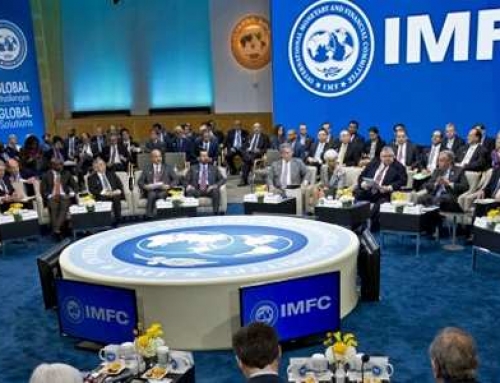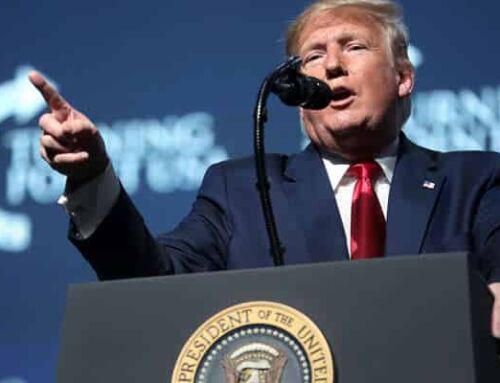A pro-trade agenda set out by G20 leaders after their Hangzhou Summit in China has been welcomed by leading trade figures.
While there were few concrete details revealed in the official communique, the world’s 20 most powerful nations aligned to slam protectionism, to call for inclusive growth and to use innovation to spur trade growth, as opposed to a fiscal stimulus.
Furthermore, China agreed to work with its trading partners to arrest volatility in the steel sector, where China’s oversupply has flooded global markets and led to accusations over dumping, bringing a number of lawsuits to the WTO.
Calling for a global forum on steel at the OECD, the statement, in which China was not mentioned by name, read: “We recognise that excess capacity in steel and other industries is a global issue which requires collective responses.
“We also recognise that subsidies and other types of support from government or government-sponsored institutions can cause market distortions and contribute to global excess capacity and therefore require attention. We commit to enhance communication and cooperation, and take effective steps to address the challenges so as to enhance market function and encourage adjustment.”
ICC Secretary General John Danilovich welcomed the news, saying: “G20 leaders must now put words into action. There is often a divide between summit commitments and real-world policies when it comes to trade. With protectionism rising at an unprecedented rate there is no room for the G20 to fall short of its latest commitments to keep markets open.”
He commended the commitment to strengthening a flailing multilateral trading system and said that small businesses must be the focus of policies going forward.
Stuart Tait, HSBC’s head of commercial banking for Asia Pacific, says that with exports growing at their most sluggish pace since the financial crisis, intervention is welcome, despite no substantial plans emerging to arrest the slump.
“Giving international trade a boost is one of the most concrete actions that could be taken to help businesses inject momentum into a global economy moving at its slowest pace since the 2008 financial crisis. More liberal trade policies will drive business and macroeconomic growth and anything the G20 can do to encourage that should be welcomed,” Tait says.
The focus on innovation is perhaps the primary takeaway from the G20, with the communique reading: “We recognise that in the long run, innovation is a key driver of growth for both individual countries and the global economy as a whole.
“We are committed to tackling one of the root causes of weak growth by taking innovation as a key element of our effort to identify new growth engines for individual countries and the world economy, which will also contribute to creating new and better jobs, building a cleaner environment, increasing productivity, addressing global challenges, improving people’s lives and building dynamic, cooperative and inclusive innovation ecosystems.”
This is also an area of focus for a number of governments in Asia, including Hong Kong, Singapore and Malaysia. Speaking at GTR Asia Trade & Treasury Week 2016 on Tuesday, Gina Lim director of trade services and policy at IE Singapore discussed the city state’s new National Trade Platform (NTP), which will be rolled out by 2017.
A trade and logistics system connecting business, community and government platforms, it will help speed up the digitisation of trade finance in Singapore, remove the need for physical documentation and provide the opportunity for innovation in Singapore’s fintech regulatory sandbox. It will cost more than US$74mn to develop.
The post G20 trade agenda welcomed by industry leaders appeared first on Global Trade Review (GTR).








